Historical fiction presents a unique set of rules.
Authors must ground their story in a historically authentic setting. Yet, they have complete autonomy to create their own characters, bringing to life people who never existed and cleverly fitting them into an era and population that did.
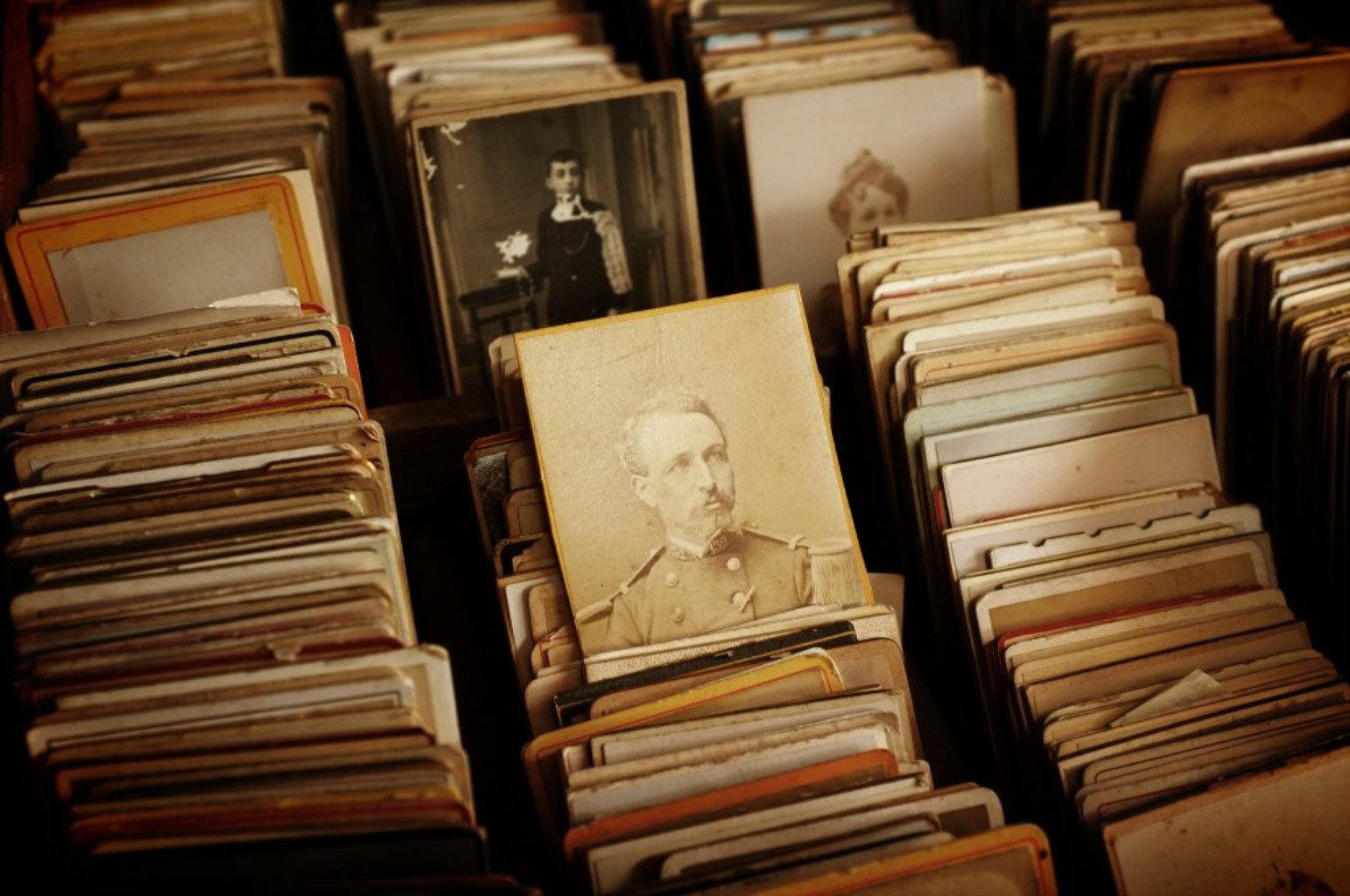
Unlike historical fantasy, all events that take place in a historical fiction novel must abide by the laws of physics. And unlike alternate history, the author must accurately report the development and outcomes of known historical events.
However, authors may deviate from reality by creating their own network of characters, presenting a new perspective on a certain historical event, and crafting storylines that coincide with the characters’ setting.
Confused? Think of it as a story that could’ve happened, yet left no butterfly effect.
Here’s why we find it so terribly fun to read and write.
Details, Details, Details
Betty Smith’s classical historical fiction bildungsroman, A Tree Grows in Brooklyn, is all about Francie. The author allocates the first 70+ pages of the book to describe a single day in the life of Frances Nolan, an eleven-year-old Brooklynite.
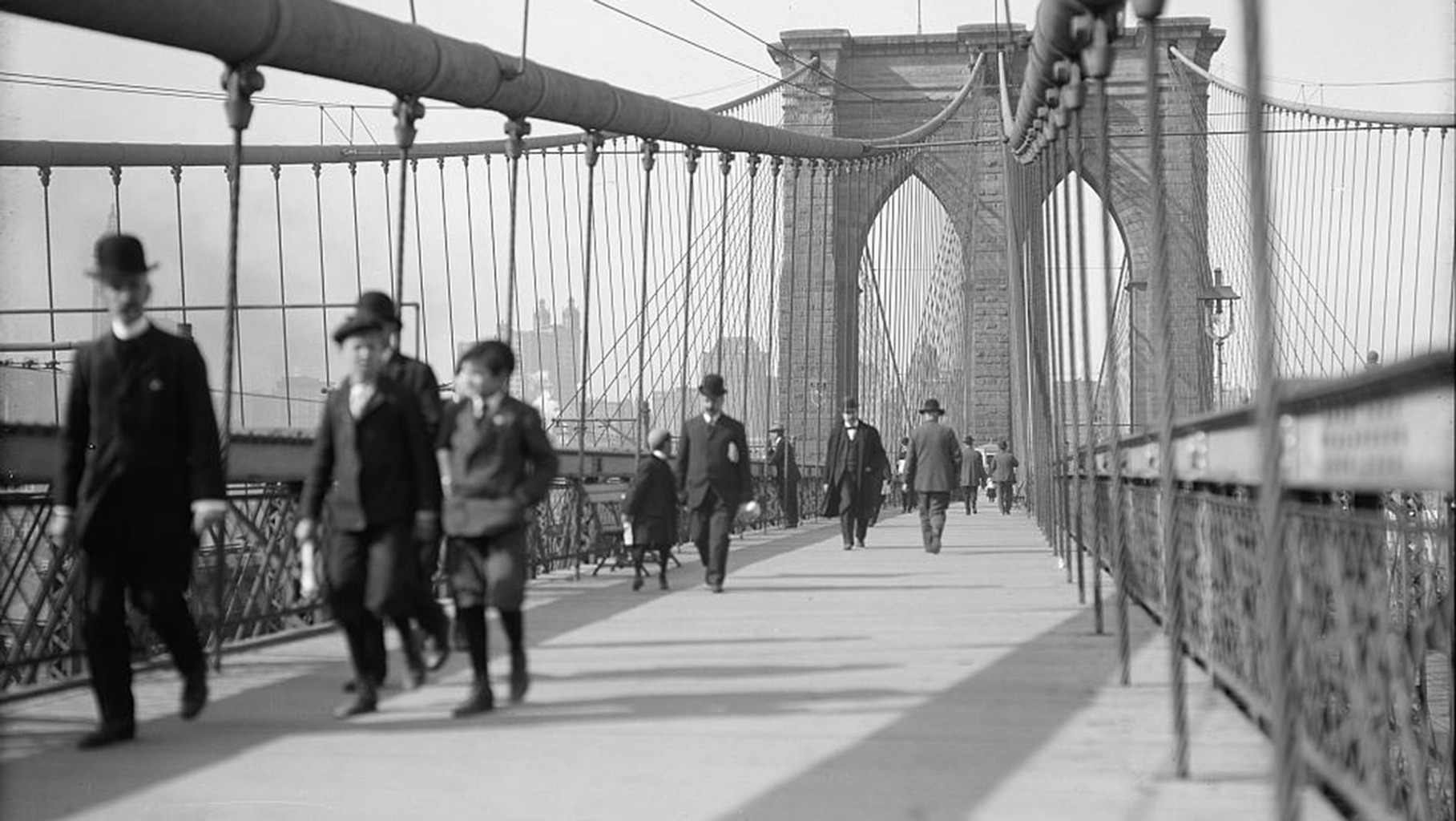
In these first chapters we’re given a street-level view of Williamsburg, Brooklyn at the turn of the century. Smith describes everything from a morning collecting flattened tin cans with her brother, to an afternoon reading poetry on the fire escape, and an evening running from the bakery to the butcher’s to gather her mother’s groceries.
Details always improve stories. But in historical fiction, details build the story.
Historical fiction authors can spend years researching the assassination of Lincoln, the Dust Bowl in Oklahoma, or the California Gold Rush, just to ensure that their character’s dialect, clothing, personal items, hobbies, education level, and even thoughts are free from anachronisms.
These carefully archived details are the author’s building blocks because they must understand the setting in order to properly place their characters and storyline into it. They must frequently pause and ask themselves questions while writing to allow their research to inform their answers.
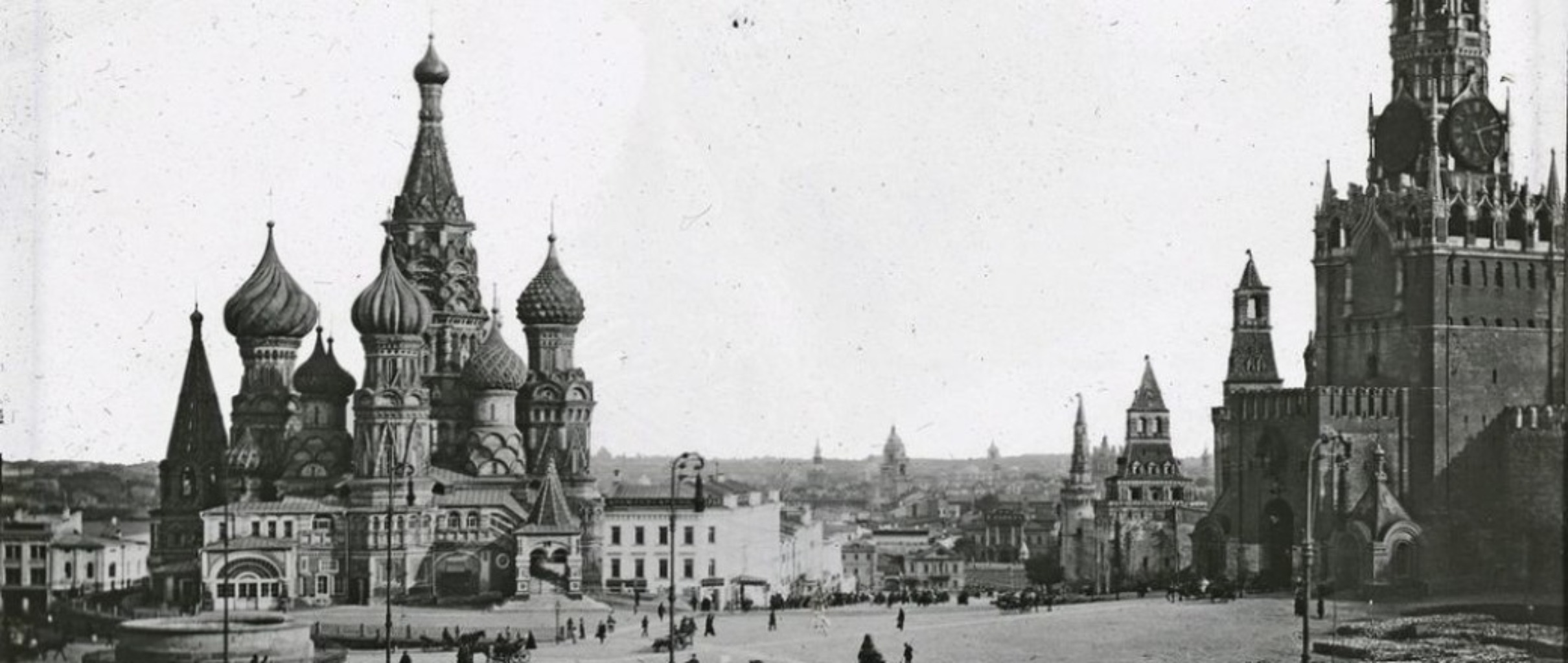
In the late eighteenth century, how would a man, who just missed his train from St. Petersburg to Moscow, inform those awaiting his arrival? What methods of communication would’ve been available to him?
But all of this hard work mining for details is worth it.
The author’s toil becomes the reader’s conduit for time travel. Detailed historical fiction has the power to transport a reader into the arid and lonesome Wild West, and feel the stinging chill when a Civil War soldier’s thin woolen coat freezes, or sense the eagerness of two escapees traveling by night and looking for a quilted sign along the Underground Railroad.
Details allow us to jump into the pages of history and enjoy a fresh adventure in an ancient land.

But a Breath
The telescope of historical fiction goes both ways. Looking through one end, our understanding of the past is enriched with details. Looking through the other, we gain a wide, fish-eyed perspective on the human tradition. We’re reminded of the old adage that there is nothing new under the sun!
Exhibits A, B, and C: Despite time or place, teenagers have a proclivity to form crushes, love triangles, and drama (read Jane Austen); shy people feel awkward at parties (reference F. Scott Fitzgerald); and a dark and stormy night makes for a fearful atmosphere (thank you, Edgar Allen Poe).
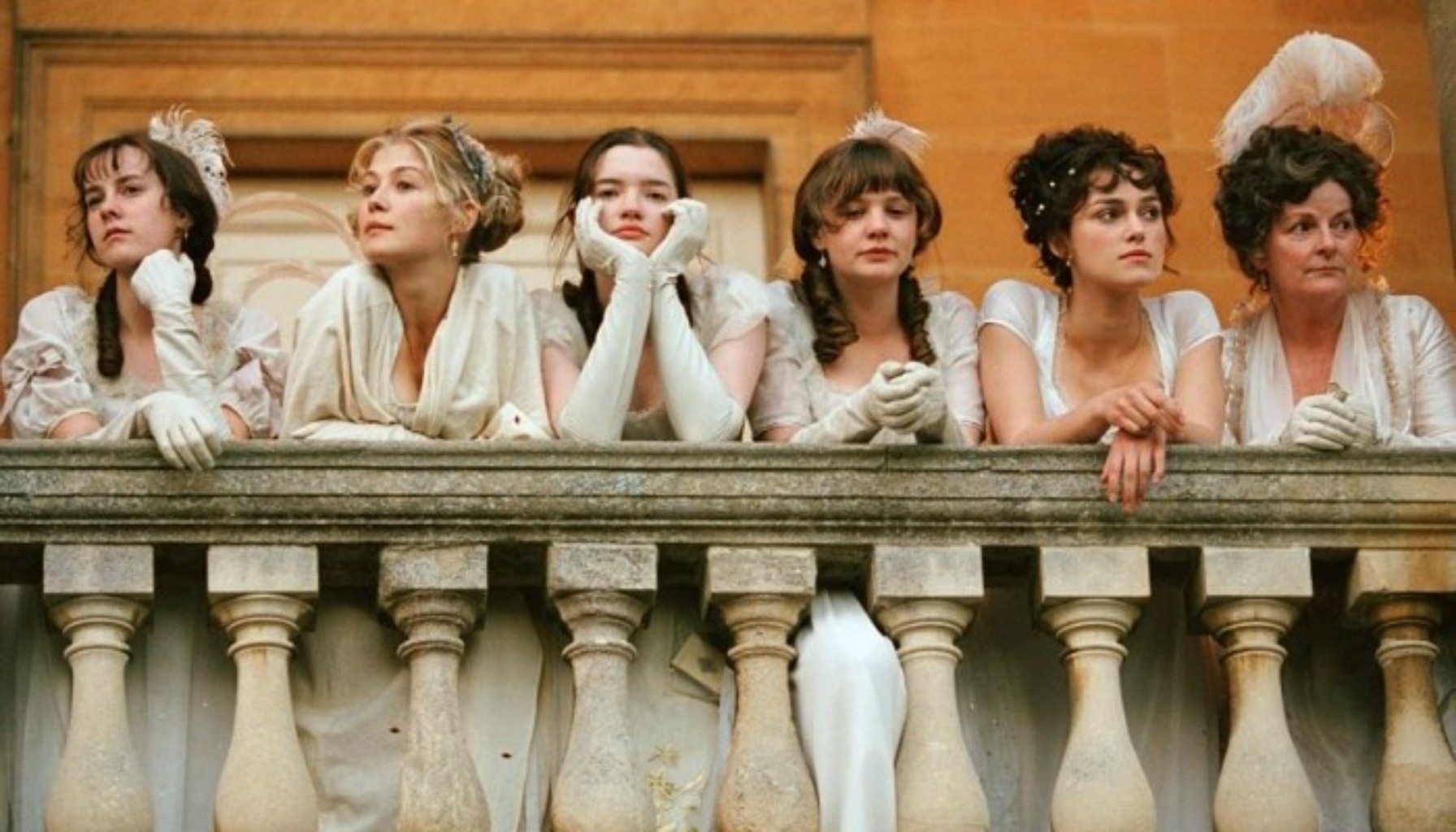
Reading and writing historical fiction reminds us that each human is part of a larger tradition. And understanding ourselves to be a tiny dot on the timeline of human existence—as opposed to the center of it—is healthy. We learn that our generation is not the wildest to have ever lived, nor is Covid-19 the first pandemic to grip and shake our world.
Like all narratives, historical fiction gives us the opportunity to spend time in another person’s mind learning, thinking, and seeing things from their perspective. When we read any fiction or nonfiction narratives, we can gain empathy for others and feel less alone in our thoughts and feelings.
However, when we choose to read and write historical fiction specifically, we have the added bonus of learning about another place and time and identifying and relating to the unchanging elements of human behavior.
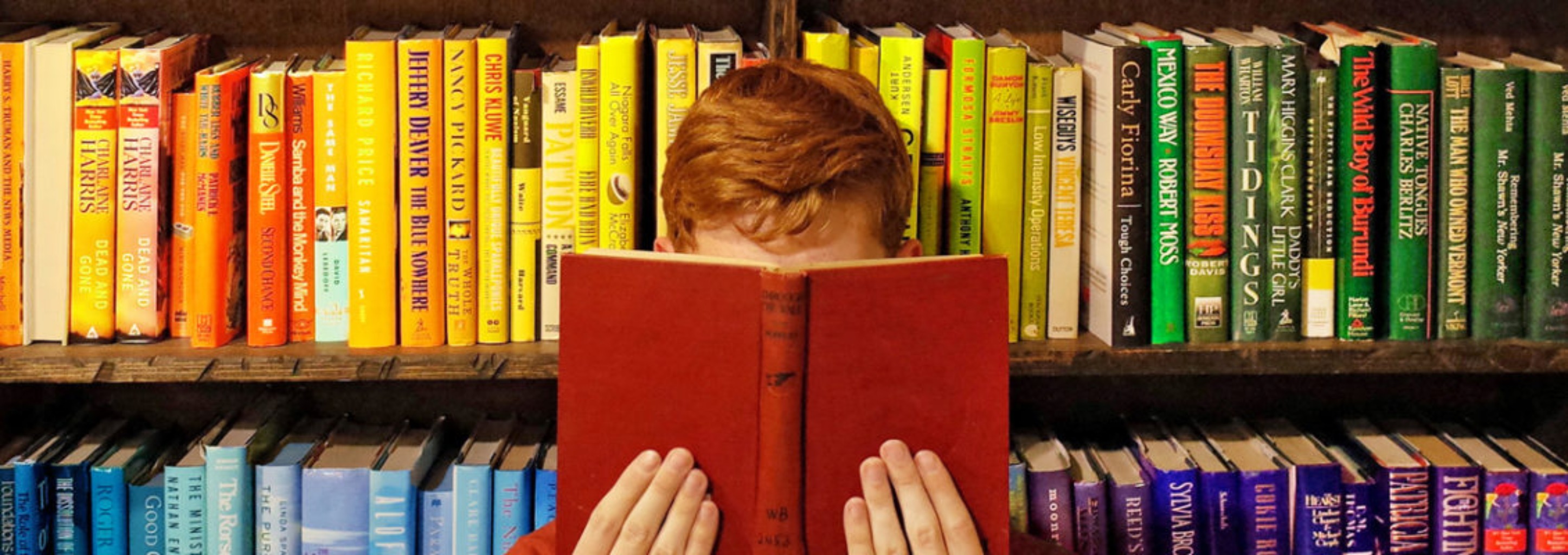
Recommended Historical Fiction Books:
- The Book Thief (Markus Zusak)
- Memoirs of a Geisha (Arthur Golden)
- A Tree Grows in Brooklyn (Betty Smith)
- A Gentleman in Moscow (Amor Towels)
- I, Claudius (Robert Graves)
- Number the Stars (Lois Lowry)
- Out of the Dust (Karen Hesse)
- The Grapes of Wrath (John Steinbeck)